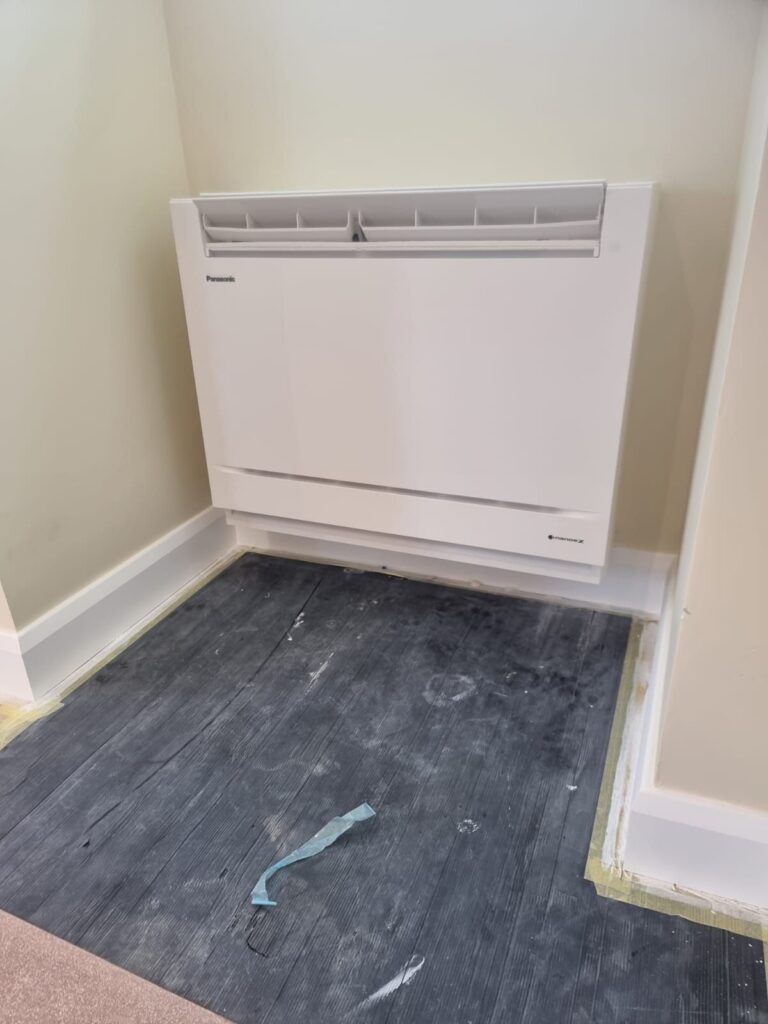The United Kingdom’s commitment to achieving net-zero emissions by 2050 necessitates a radical shift away from fossil fuel-dependent heating systems. The recent expansion of the government’s Boiler Upgrade Scheme (BUS) to include grants for air-to-air (A2A) heat pump air conditioning systems marks a pivotal moment in this transition, particularly for domestic customers across the densely populated South East counties, including the operational region of Subcooled Air Conditioning Ltd. in areas like Oxfordshire, Buckinghamshire, and London.

This new support mechanism offers substantial benefits by improving financial accessibility, providing year-round thermal comfort, and accelerating environmental decarbonisation in residential settings.
The most immediate and critical benefit of the new scheme is the significant reduction in the upfront financial barrier to entry. For many homeowners, the initial investment required for new low-carbon technology is prohibitive.

By offering a £2,500 grant towards the installation cost of an air-to-air heat pump, the government substantially reduces this burden. Given that the typical installation cost for smaller homes or flats can be low, this grant can cover a major portion, sometimes even eliminating the cost entirely, making the technology viable for a wider demographic. Furthermore, the 0% VAT rate applicable to the installation of energy-saving measures through March 2027 further enhances the affordability of these systems. This financial incentive is crucial for driving mass adoption across the South East’s diverse housing stock, ensuring the transition is equitable.

Beyond cost reduction, the core technological advantage of the A2A heat pump system is its unique ability to provide truly year-round climate control. Unlike air-to-water systems that primarily deliver heating, A2A heat pumps operate bi-directionally, offering highly efficient heating in winter and active cooling—or air conditioning—in increasingly warm summer months. For the South East region, which experiences high population density and corresponding urban heat island effects, this dual capability addresses a critical need for thermal resilience. As heatwaves become more frequent, the ability to maintain comfortable and healthy indoor temperatures without resorting to expensive, separate appliances provides a compelling quality-of-life benefit directly enabled by the government scheme.

Finally, A2A heat pumps represent a fundamental step forward in environmental performance and long-term energy efficiency. Functioning on the principle of moving heat rather than generating it through combustion, these electric systems boast efficiencies often exceeding 300% (delivering three units of heat energy for every one unit of electrical energy consumed). When replacing a fossil fuel system, this dramatically reduces a household’s carbon footprint.

For customers of certified installers like Subcooled Air Conditioning Ltd., adopting this technology translates into future-proofing their homes against rising fossil fuel costs and tightening emissions regulations. By enabling the seamless integration of heating and cooling into a single, highly efficient unit, the scheme effectively positions domestic properties in the South East at the forefront of the UK’s sustainable energy future.
In conclusion, the new government scheme for air-to-air heat pumps delivers a triple advantage: it democratizes access to low-carbon technology through generous grants, significantly enhances domestic comfort and resilience against climate extremes, and fundamentally drives down residential carbon emissions. By empowering accredited providers like Subcooled Air Conditioning Ltd. to deliver these installations across key South East counties, the policy ensures that the environmental transition is delivered effectively and sustainably at the household level.
